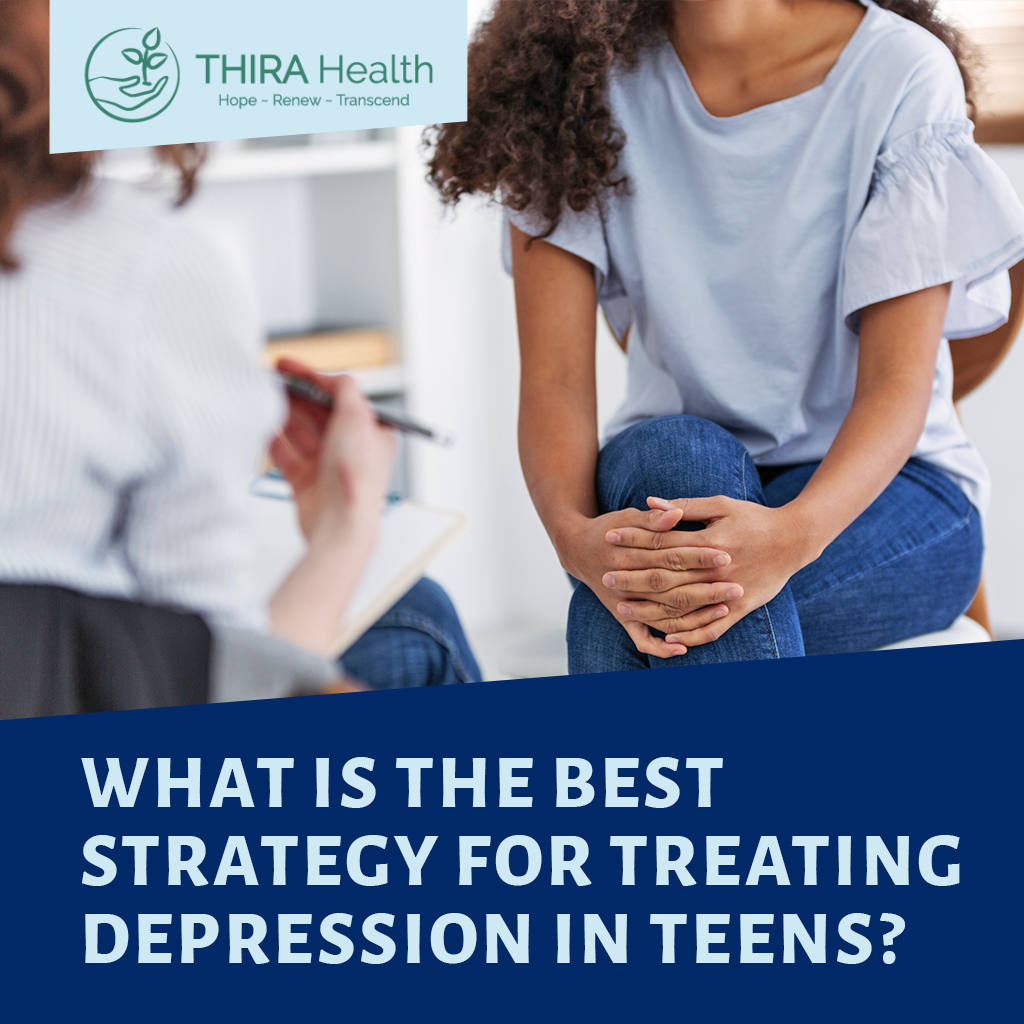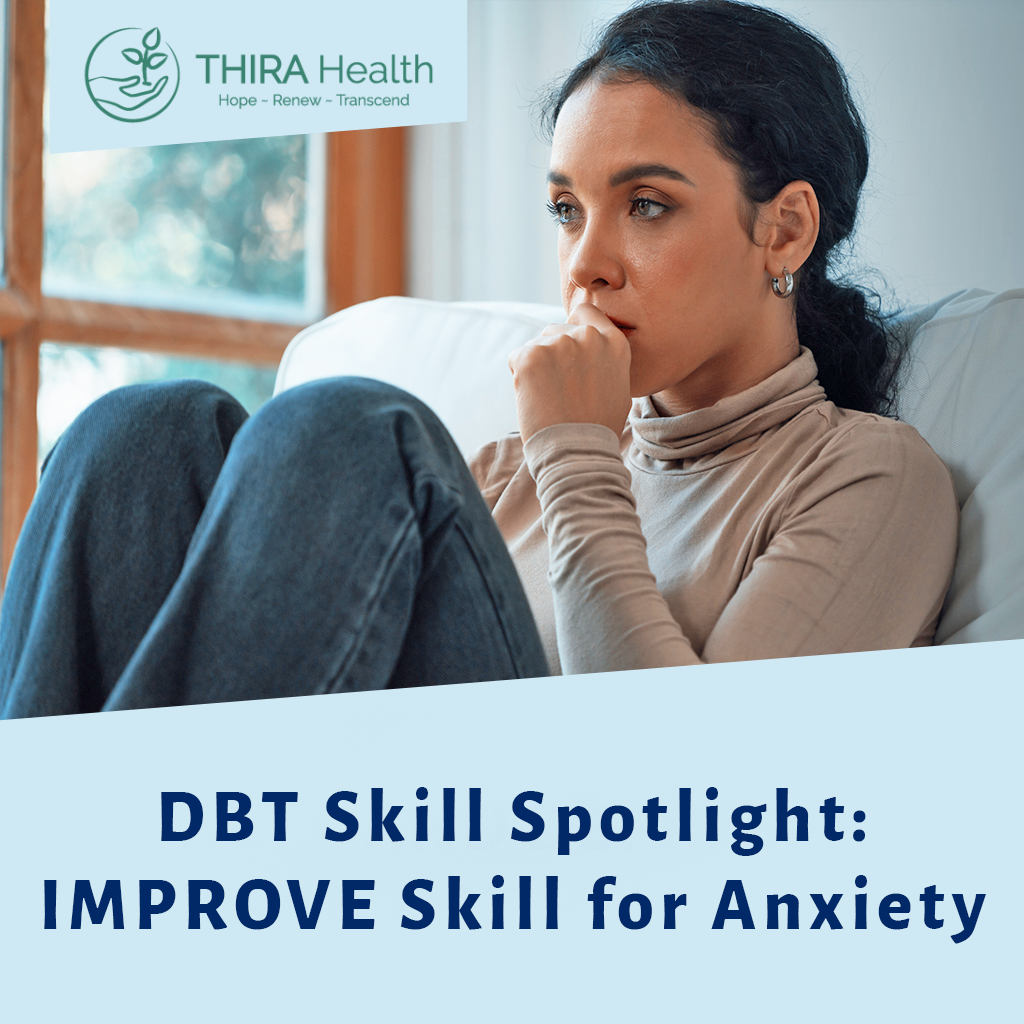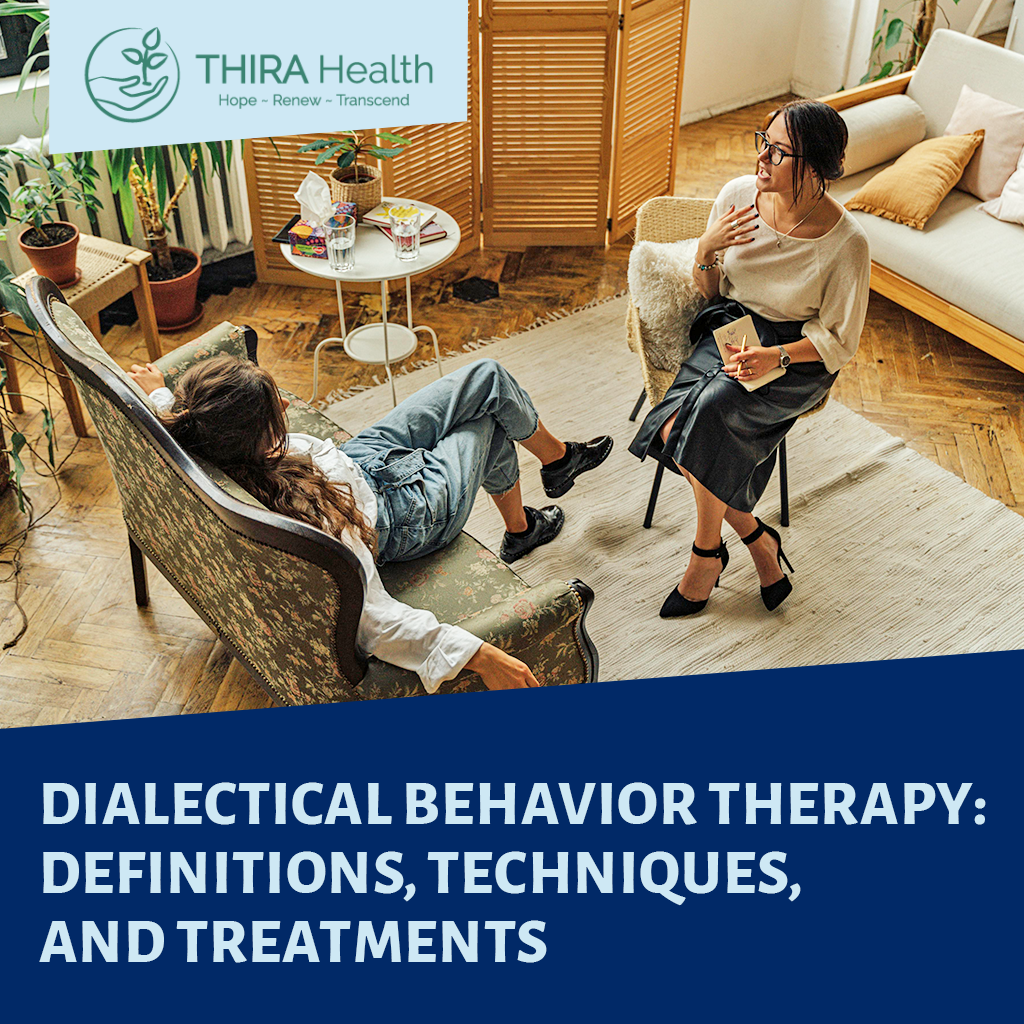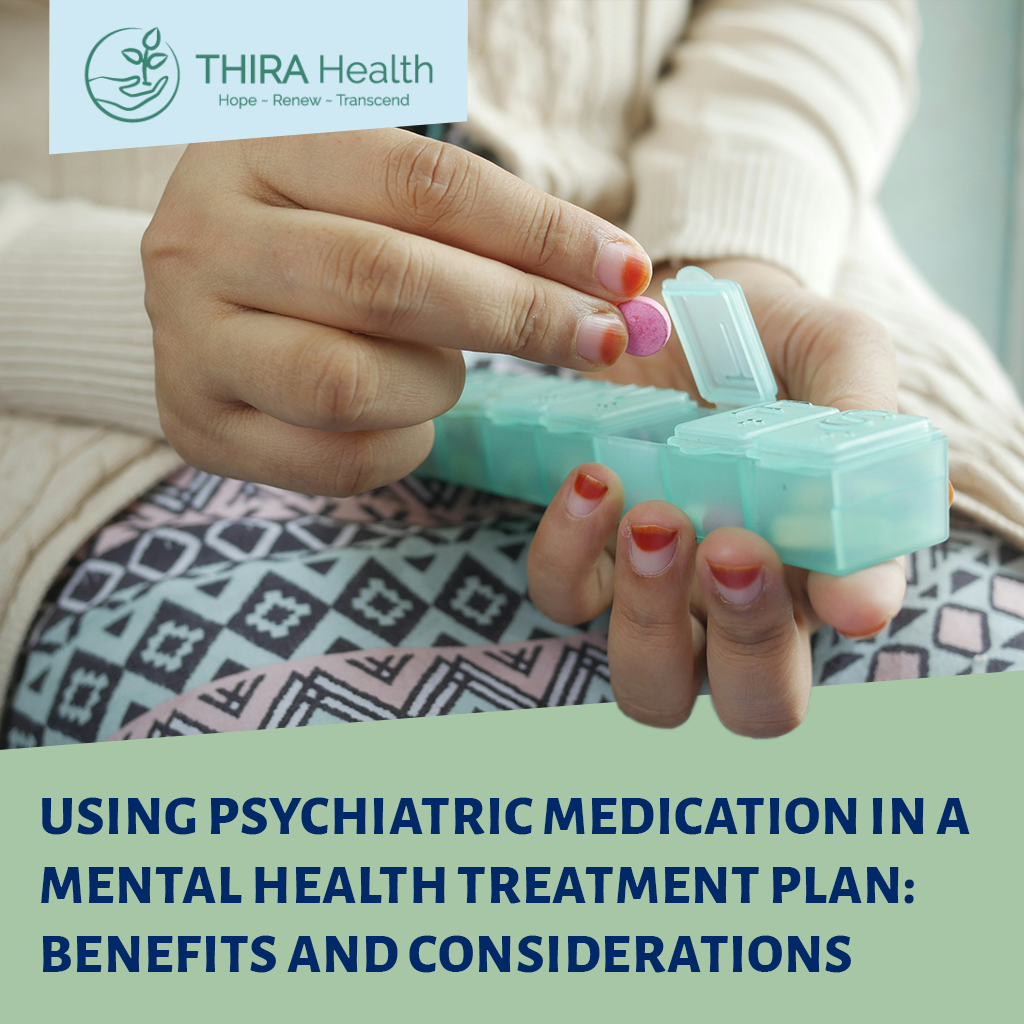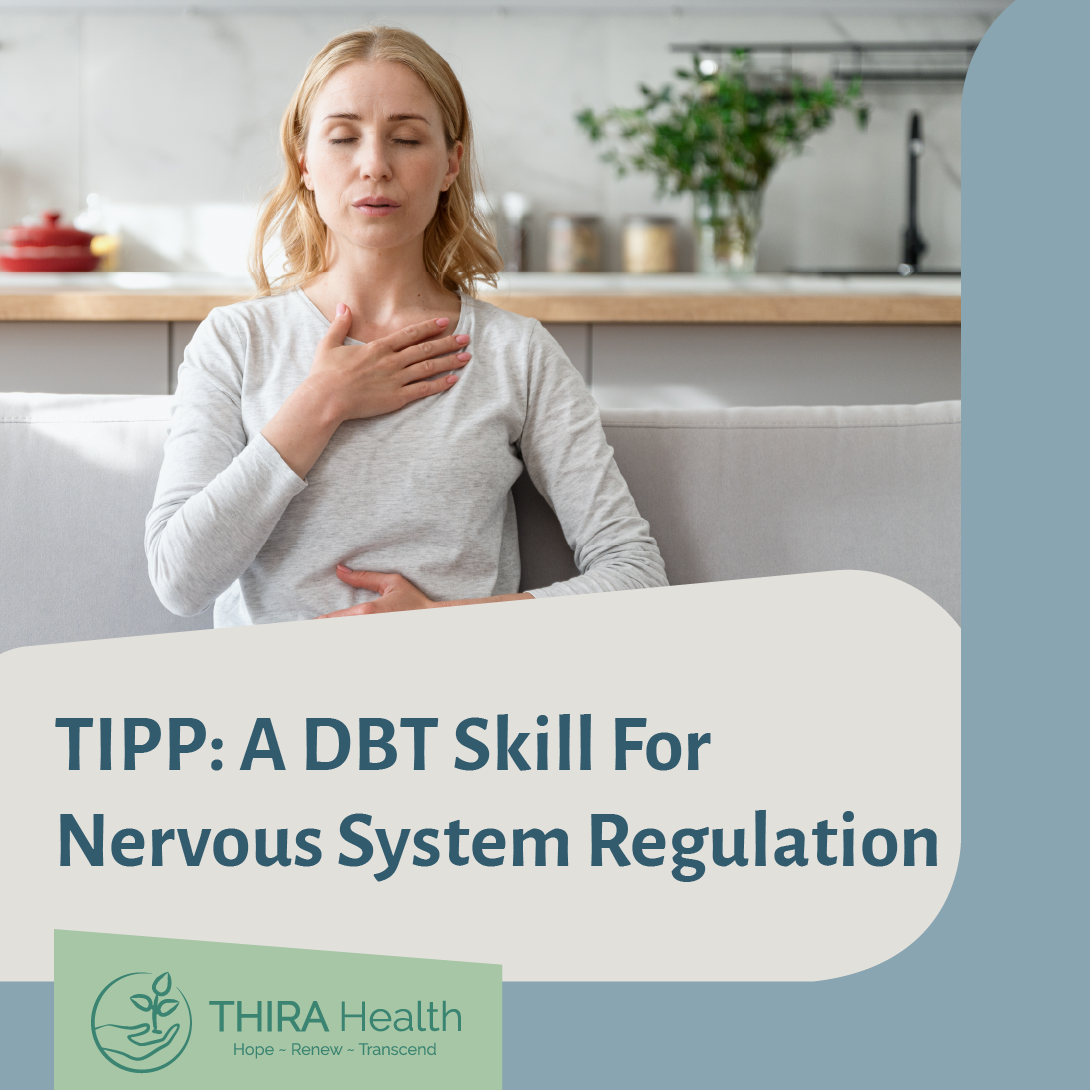Prior to the 1970s, there was little recognition of the specific, separate needs of women and men in mental health treatment. The troubles and anxieties of both genders had been often grouped together in the development of mental health care models for most of the 20th century—regardless of inequalities in economic and social life, hormonal fluctuations, and the various (and significant) differences between how each sex experienced depression.
Over the decades that followed the Women’s Movement of the ‘70s, greater recognition emerged for the variables influencing the treatment for men and women, and distinct tracks began to form for women seeking gender-specific support.
Our founder, Dr. Merhi Moore, started THIRA to offer intensive, focused, and individualized mental health treatment for women and girls grappling with anxiety and depression. Moore is an MD, Psychiatrist, and Psychotherapist, who brings over 35 years of work with women and girls to her practice. Her mission is to address the core issues that women face, rather than simply working through symptomatic challenges.
“After spending decades working with patients suffering from eating disorders— some 90% of whom experienced a co-occurring psychiatric disorder like anxiety or depression—I realized that the underlying issues plaguing a majority of my female patients revolved first and foremost around the development of the self,” Moore said. “We’re dedicated to working through the complicated, deep-seated root causes of mental illness.”
According to Moore and her team, for many women, dealing with depression or anxiety is much easier in women-only facilities.
“In order to do so, we must create an atmosphere where our patients have access to a fully supportive community,” Moore said. “[This] entails a cohort of individuals who have faced similar challenges from their social relationships and broader social environs.”
Group therapy can play an important role in the recovery process, and Moore argues that successful group therapy depends upon a baseline of experiential homogeneity among its participants.
An effective group therapy session offers an environment where participants feel comfortable talking about their feelings, struggles, and experiences—and this level of comfort requires a kind of mutual trust where everyone present can generally understand where another patient is coming from. For reasons ranging from physical or emotional abuse at the hands of a man, to the simple ineffability of the ‘other’ experience of men, many women will never feel comfortable enough around their male counterparts to speak openly about struggles with their sense of self.
“[Women-focused treatment] is not a diminishment of the struggles faced by millions of American men,” Moore explains. “Nor is it an underhandedly patronizing statement on the fortitude of our female patients. It is simply, in my professional opinion, the most effective approach to fostering sustainable recoveries for the 21.3% of American women who will experience a major depressive episode at some point in their lives.”
Are you or someone you know dealing with depression or anxiety? Contact us to talk about women-focused treatment options, our Partial Hospitalization Program, or the Intensive Outpatient programs we’ve designed which blend individual and group therapy.

